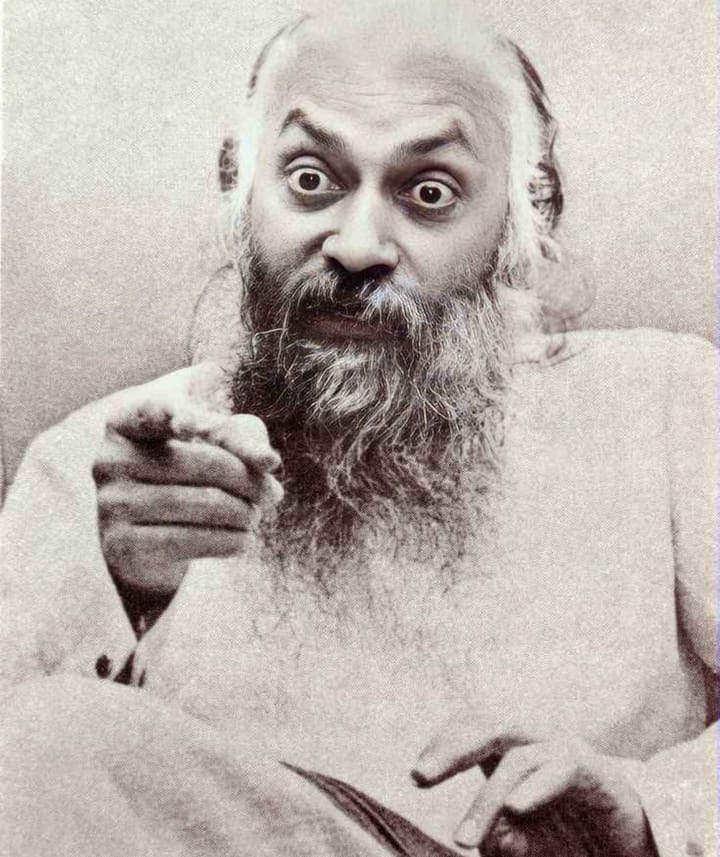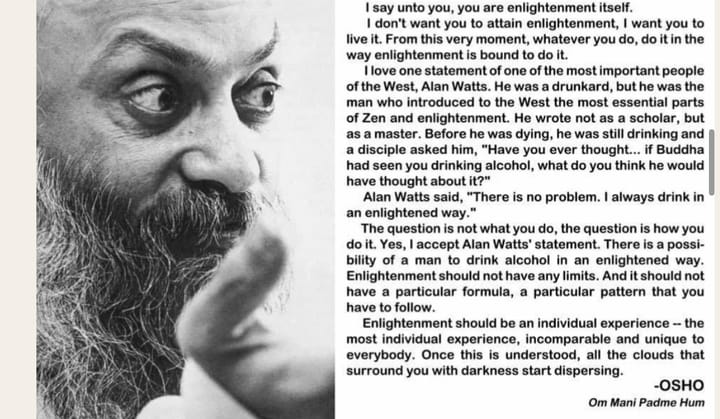Ivan's Love - The Brothers Karamazov - Chapter 33
And I shall not weep from despair, but simply because I shall be happy in my tears, I shall steep my soul in emotion.
In this quote, the fictional Ivan Karamazov reveals his Spirit, the redeemable side of himself.
This is just before Ivan tells his story of The Grand Inquisitor, published in 1880, one of the most influential stories in modern history, said to have inspired multiple revolutions, revealing 'Ivan's tormented intellect and personal struggle for faith and identity.'
[ The Grand Inquisitor is a story in which a truly wicked man at 90 years of age argues against Christ and his desire for human freedom, saying that people not only do not understand freedom, but that they want to be happy, not to be free. The man argues that only through control and deception can people be saved from themselves, that the Devil's wilderness temptations of bread, miracles, and the unification of the earth are much better for people's lives than Christ's idea of Freedom of Spirit. ]
Alyosha: "Were you very anxious to see me, then?"
Ivan: "Very. I want to get to know you once for all, and I want you to know me. And then to say good-bye. I believe it's always best to get to know people just before leaving them. I've noticed how you've been looking at me these three months. There has been a continual look of expectation in your eyes, and I can't endure that. That's how it is I've kept away from you. But in the end I have learned to respect you. The little man stands firm, I thought. Though I am laughing, I am serious. You do stand firm, don't you? I like people who are firm like that whatever it is they stand by, even if they are such little fellows as you. Your expectant eyes ceased to annoy me, I grew fond of them in the end, those expectant eyes. You seem to love me for some reason, Alyosha?"
"I do love you, Ivan. Dmitri says of you – Ivan is a tomb! I say of you, Ivan is a riddle. You are a riddle to me even now. But I understand something in you, and I did not understand it till this morning."
"What's that?" laughed Ivan.
"You won't be angry?" Alyosha laughed too.
"Well?"
"That you are just as young as other young men of 23, that you are just a young and fresh and nice boy, green in fact! Now, have I insulted you dreadfully?"
"On the contrary, I am struck by a coincidence," cried Ivan, warmly and good-humouredly.
"Would you believe it that ever since that scene with her, I have thought of nothing else but my youthful greenness, and just as though you guessed that, you begin about it.
Do you know I've been sitting here thinking to myself: that if I didn't believe in life, if I lost faith in the woman I love, lost faith in the order of things, were convinced, in fact, that everything is a disorderly, damnable, and perhaps devil-ridden chaos, if I were struck by every horror of man's disillusionment
– still I should want to live and, having once tasted of the cup, I would not turn away from it till I had drained it! At thirty, though, I shall be sure to leave the cup, even if I've not emptied it, and turn away – where I don't know. But till I am thirty, I know that my youth will triumph over everything – every disillusionment, every disgust with life. I've asked myself many times whether there is in the world any despair that would overcome this frantic and perhaps unseemly thirst for life in me, and I've come to the conclusion that there isn't, that is till I am thirty, and then I shall lose it of myself, I fancy.
Some drivelling consumptive moralists – and poets especially – often call that thirst for life base. It's a feature of the Karamazovs, it's true, that thirst for life regardless of everything; you have it no doubt too, but why is it base? The centripetal force on our planet is still fearfully strong, Alyosha.
I have a longing for life, and I go on living in spite of logic. Though I may not believe in the order of the universe, yet I love the sticky little leaves as they open in spring.
I love the blue sky,
I love some people, whom one loves you know sometimes without knowing why.
I love some great deeds done by men, though I've long ceased perhaps to have faith in them, yet from old habit one's heart prizes them..
I want to travel in Europe, Alyosha, I shall set off from here. And yet I know that I am only going to a graveyard, but it's a most precious graveyard, that's what it is! Precious are the dead that lie there, every stone over them speaks of such burning life in the past, of such passionate faith in their work, their truth, their struggle and their science, that I know I shall fall on the ground and kiss those stones and weep over them; though I'm convinced in my heart that it's long been nothing but a graveyard.
And I shall not weep from despair, but simply because I shall be happy in my tears, I shall steep my soul in emotion. I love the sticky leaves in spring, the blue sky – that's all it is. It's not a matter of intellect or logic, it's loving with one's inside, with one's stomach. One loves the first strength of one's youth. Do you understand anything of my tirade, Alyosha?" Ivan laughed suddenly.
"I understand too well, Ivan. One longs to love with one's inside, with one's stomach. You said that so well and I am awfully glad that you have such a longing for life," cried Alyosha. "I think everyone should love life above everything in the world."
"Love life more than the meaning of it?"
"Certainly, love it, regardless of logic as you say, it must be regardless of logic, and it's only then one will understand the meaning of it. I have thought so a long time. Half your work is done, Ivan, you love life, now you've only to try to do the second half and you are saved."
"You are trying to save me, but perhaps I am not lost! And what does your second half mean?"
"Why, one has to raise up your dead, who perhaps have not died after all. Come, let me have tea. I am so glad of our talk, Ivan."
- The Brothers Karamazov - Chapter 33



